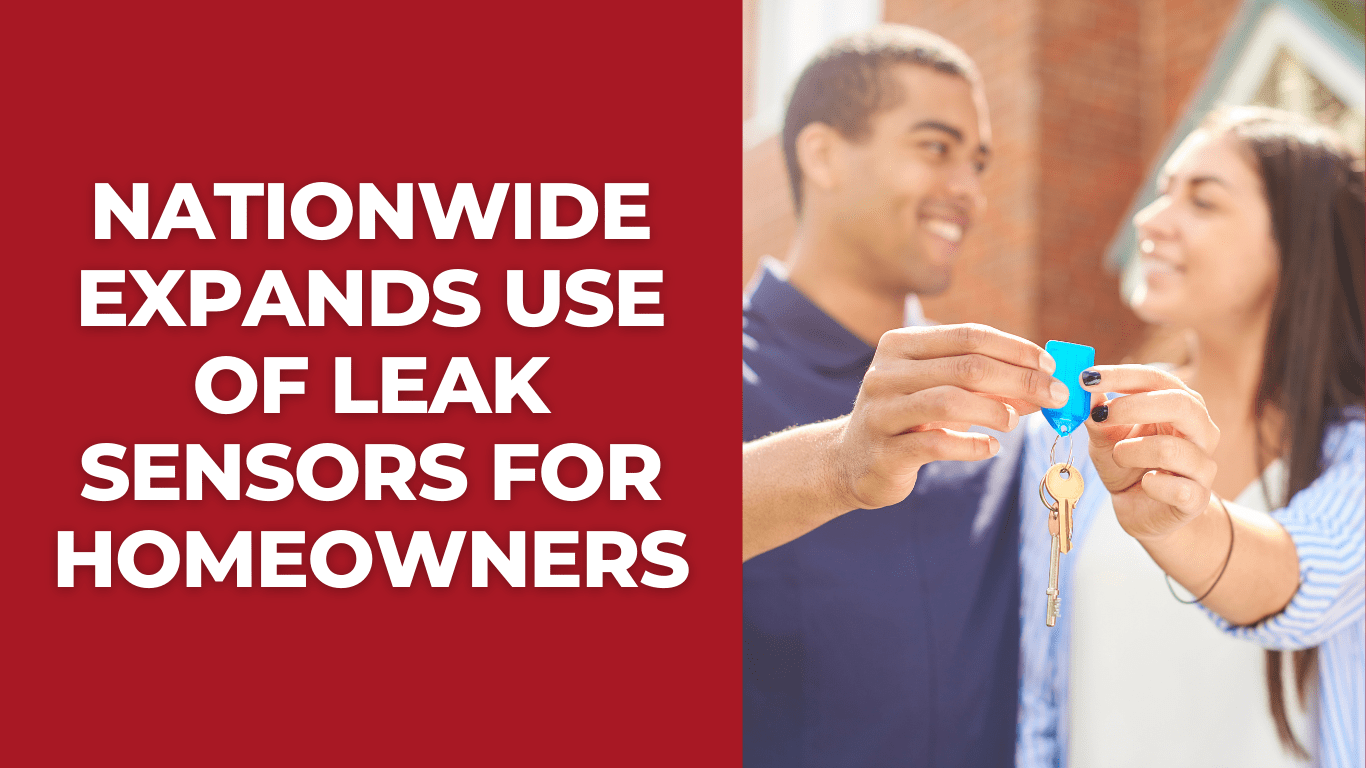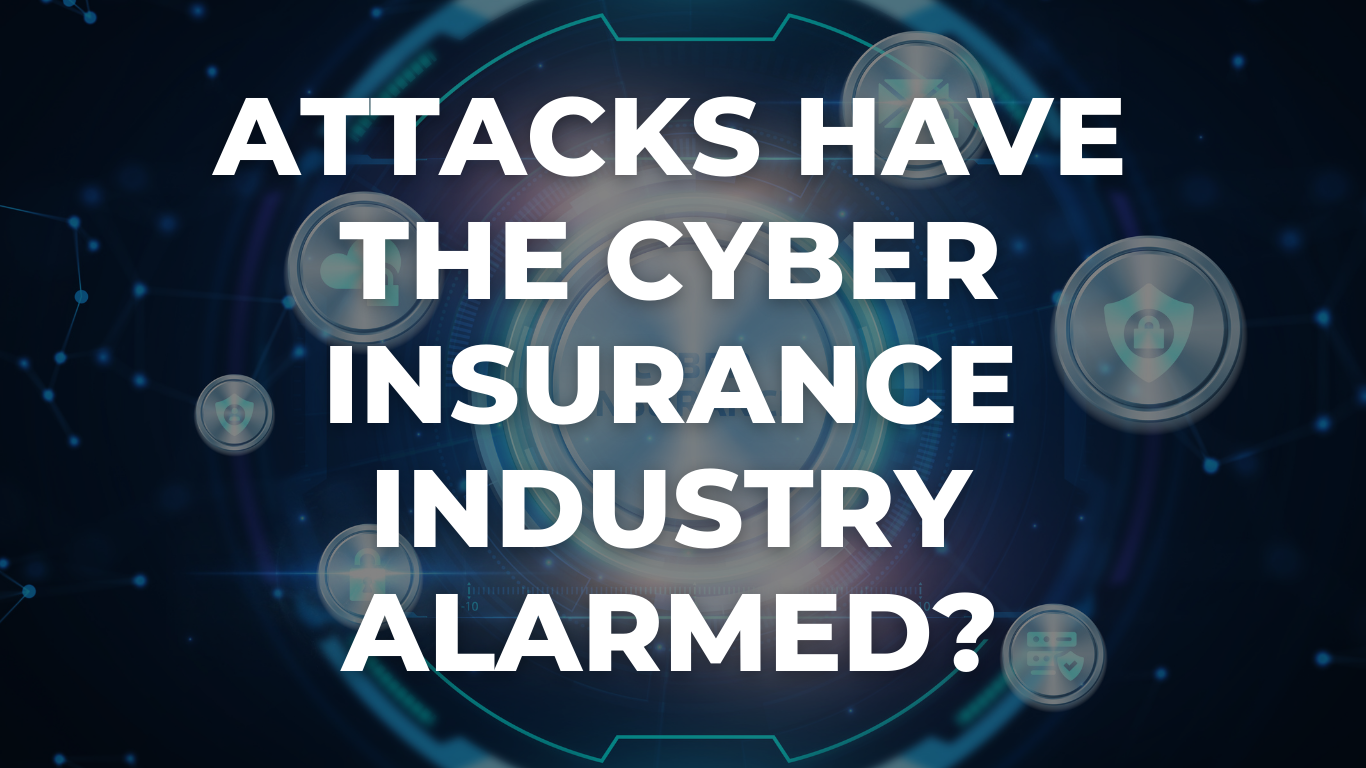
Enterprise security company Panaseer has weighed in on how ransomware has impacted the cyber insurance market — and what organizations can do to reduce their premiums. Last week you were reading Insurance Tech Adoption – What To Consider Before Taking The Leap. This week we’re bringing you:
Nationwide Insurance has become the latest large insurer to expand its use of leak-detection and other sensors for homeowners, offering a small discount on premiums.
The company announced this week that it has teamed up with Notion, a firm affiliated with Comcast, the national TV cable and communications company. Customers who opt in to the Nationwide smart home program will receive a discount on the monitoring systems and a $50 reduction in annual premiums.
The Internet-of-Things sensors can be placed in key areas and can alert homeowners to water leaks, open doors and windows, and temperature changes, through the use of a smartphone app, the companies said in a news release.
Nationwide noted that interest in the technology is on the rise. A recent Nationwide study found that 66% of homeowners currently own at least one smart home device, and 64% are interested in using smart home technology if it helps reduce their premiums.
Other insurers are plunging in. Chubb said earlier this year that it had deployed sensors to more than 300 of its insured buildings, with more on the way. Homeowners can receive a 3% credit on their premiums for leak sensors and up to 8% on water-line shutoff devices.
The idea is to save thousands of dollars for insureds and insurers by stopping leaks and other problems before they can cause significant losses.
The industry has been sprinting towards technology adoption over the past few years, but carriers and brokers still need a helping hand when it comes to utilizing newly integrated digital solutions.
There are so many new and shiny platforms coming into the space, and insurtechs are making big promises to insurance companies about how easy the process will be.
Read more: “I wanted to build tech for purpose”
“All the noise right now creates a lot of distraction and confusion,” Gilad Komorov, CRO at Lightico told Insurance Business. “Insurance companies have long lists of problems they want to solve, but it’s important to first define a strategy around what to prioritize.”
Breaking down digital goals in a realistic and manageable way enables streamlined processes, and the right tech partners will make sure everything is executed in the right way.
It is too easy for insurance companies to be pulled in a million different directions when it comes to insurtech, but if strategic priorities are established, it helps keep focus on the right aspects.
“A big challenge for insurance companies is doing the homework before evaluating solutions, which is why defining decision criteria is essential,” he said.
Enterprise security company Panaseer has weighed in on how ransomware has impacted the cyber insurance market — and what organizations can do to reduce their premiums.
According to SonicWall, ransomware attacks increased 105% in 2021, with the average ransom payout standing at $170,404. Moreover, remediation costs are ten times the size of the ransom payment at $1.85 million.
The high value and frequency of these attacks have the cyber insurance industry alarmed. Four in five security leaders said their board is seeking to revisit their ransomware protection levels. The majority of them have made ransomware protection a budgeted 2022 priority.
Nik Whitfield, chairman at Panaseer, said the surge in ransomware attacks during the pandemic had pushed insurers into debt as they pay out on under-priced policies. Now, many insurance providers are increasing premium prices and turning away the most vulnerable prospects.
“In recent years, ransomware has been the most high-profile risk in cybersecurity, which is why many boards are concerned about its potential for disruption and damage,” Whitfield said. “The result is that the market has hardened, insurers have withdrawn and it’s much tougher for customers to get insurance at all, let alone good value on a policy.”
According to Marsh, coverage pricing grew 130% and 92% in the US and UK in Q4 2021, respectively. This will effectively make it harder for organizations to buy insurance cover. Businesses will have to make the shift and prove the strength of their cyber protection level to insurers to drive premiums down, it is suggested.
Panaseer also found that most businesses are willing to make this shift, but are not ready to. For example, only 29% of security leaders believe they will be prepared in the next 12 months, while 57% will need an extended period of 13-24 months. The most prepared industries are the financial services, followed by healthcare, utilities, life sciences and energy.
Finding highly affordable leads to keep sales coming in
At iLeads, we have many great solutions for insurance agents at a low cost. If you’d like to see how we can help you bring in consistent sales for a great price, give us a call at (877) 245-3237!
We’re free and are taking phone-calls from 7AM to 5PM PST, Monday through Friday.
You can also schedule a call here.



